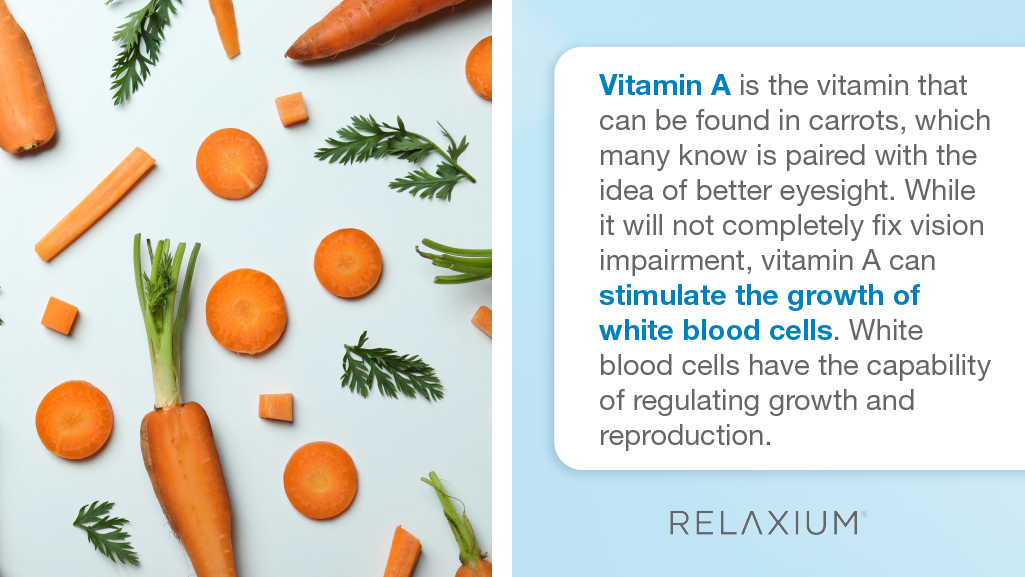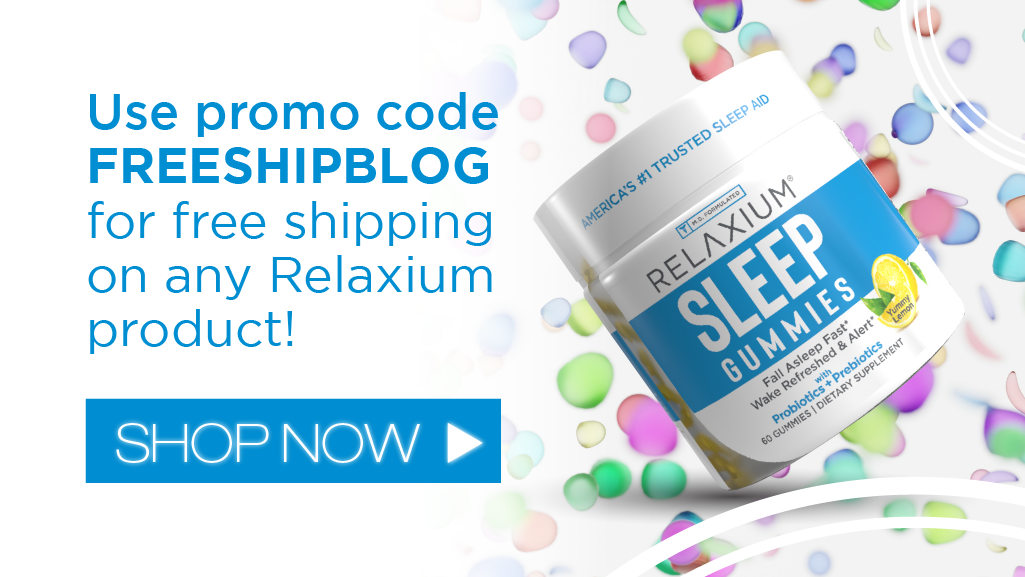Often we hear that vitamins are great for the body. Numerous products claim to include vitamins that can be incredibly beneficial in all kinds of aspects. But there are so many different kinds of vitamins so it can be easy to mix them up. We are going to list for you the different kinds of vitamins and what they do for the body.
Vitamins were discovered in the early 19th century. Casimir Funk was the first to coin the term “vitamin.”
A study conducted by physician Christiaan Eijkman investigated a condition called Beriberi. Those who possessed Beriberi at the time were vulnerable to weight loss, weakness, and sometimes death.
It was noticed that the disease typically occurred in areas where rice was a typical meal consumed. Dr. Eijkman started to observe chickens that fed on white rice versus brown rice. It was concluded that those that ate the white rice began to develop symptoms of Beriberi. English biochemist Frederick Gowland Hopkins conducted a similar test that led to the assumption that “essential nutritional substances” were required for sustainable growth.
You can say vitamins were starting to be noticed because they had a real influence on health. Early forms of medicine were hard to come by and were different from what we have now. Vitamins were an excellent source of health that aided those in sickness.
How do vitamins aid in health?
There are multiple different vitamins, all possess a different ability to accomplish a specific job. Some properties that vitamins help in are:
- Keep the nerves healthy
- Resist infections
- Increase energy
- Improve mood
- Reduce stress and anxiety
- Aid in muscle strength
- Support the immune system
- Aids in aging
We could go on. Vitamins are a great source of health, which is why Relaxium includes them in all products.
So to explain generally, vitamins are absorbed into the body. When they are absorbed they are then applicable.
There are two main kinds of vitamins:
- Water-soluble vitamins: Vitamins that dissolve in water
- Lipid-soluble vitamins: Vitamins that are dissolved in fat
So when we consume vitamins they are digested and then take form in the ways they are absorbed based on type.
How many vitamins are there
There are 13 vitamins that are considered essential.
- Vitamin A
- Vitamin B1, B2, B3, B5, B6, B8, B9, B12
- Vitamin C
- Vitamin D
- Vitamin E
- Vitamin K
Vitamin A
Vitamin A is the vitamin that can be found in carrots, which many know is paired with the idea of better eyesight. While it will not completely fix vision impairment, vitamin A can stimulate the growth of white blood cells. White blood cells have the capability of regulating growth and reproduction.
If you’re looking to improve the amount of vitamin A consider consuming foods such as:
- Kale
- Spinach
- Red bell peppers
- Carrots
- Squash
- Mango
- Eggs
- Milk

All the Vitamin B’s
It may be overwhelming seeing all the different types of vitamin B, but we will break it down for you.
- B1 = thiamin: a water-soluble vitamin, that helps in the growth and function of cells. Can be found in pork, green beans, sunflower seeds, and more.
- B2 = riboflavin: aids in the growth of cells, energy, and breakdown of fats, medications, and steroids. Can be found in dairy, almonds, spinach, and more.
- B3 = niacin: a water-soluble vitamin that converts nutrients into useful energy, repairs DNA and provides an antioxidant. Can be found in fish, nuts, bananas, and more.
- B5 = pantothenic acid: builds enzymes, breaks down fatty acids, performs metabolic functions, and serves as a protein carrier. Can be found in beef, avocados, eggs, brown rice, and more.
- B6 = pyridoxine: a water-soluble vitamin that helps break down proteins, carbs, and fats; also supports the immune system and brain health. Can be found in tuna, salmon, poultry, and more.
- B7 = biotin: a water-soluble vitamin that helps in aiding enzymes in breaking down fats, carbs, and proteins. Can be found in avocados, sweet potatoes, salmon, and more.
- B9 = folate: a water-soluble vitamin that helps form DNA and RNA. Also assists in metabolizing protein. Can be found in beans, seafood, whole grains, and more.
- B12 = cobalamin: Helps to form red blood cells and DNA. Aids in the function and development of the brain and nerve cells. Can be found in fish, eggs, red meat, and more.
Vitamin C
One of the most popular vitamins to consume, vitamin C is a water-soluble vitamin. Vitamin C has the capability to help control infections as well as heal wounds.
Vitamin C also helps to build collagen. Collagen helps strengthen and support different parts of the body such as bone, cartilage, and blood.
Vitamin C can be found in fruits and foods like:
- Oranges
- Kiwi
- Bell peppers
- Tomatoes
- White potatoes
Vitamin D
Vitamin D is fat-soluble. It can be absorbed through the ultraviolet rays from the sun. Vitamin D helps to absorb calcium and phosphates. These help to maintain health and growth in bones and prevent involuntary contractions of muscles.
Some foods and fruits that contain vitamin D are:
- Tuna
- Mushrooms
- Salmon
- Broccoli
- Apples
- Almonds
- Brown rice

Vitamin E
Vitamin E is fat-soluble. It provides an antioxidant to the body as well as aids the immune system. It has been known to help prevent clots in heart arteries as well.
Foods that contain vitamin E include:
- Peanuts
- Mango
- Asparagus
- Sunflower seeds
- Pumpkin
- Avocado
Vitamin K
Vitamin K is fat-soluble. Vitamin K helps blood clotting as well as strengthening and building bones.
It is typically found in the liver, brain, bone, heart, and pancreas.
The food that most contains vitamin K is leafy green vegetables. These include:
- Kale
- Spinach
- Broccoli
- Brussel sprouts
- Cabbage
- Lettuce

They’re not just an added ingredient
Vitamins are not ingredients that are randomly thrown into products. They have real use and can have real effects on the human body. All Relaxium products contain vitamins and nutrients that are purposed to help the body.
Make sure to look at our website for more information! We hope you enjoyed this breakdown.
To restful and healthy days ahead.
The Relaxium Team
*These statements have not been evaluated by the Food & Drug Administration. This product is not intended to diagnose, treat, cure, or prevent any disease.
Sources:
https://pubmed.ncbi.nlm.nih.gov/23798048/#:~:text=Abstract,at%20the%20mid%2Dtwentieth%20century.
https://ods.od.nih.gov/factsheets/VitaminC-HealthProfessional/
https://ods.od.nih.gov/factsheets/VitaminD-HealthProfessional/

